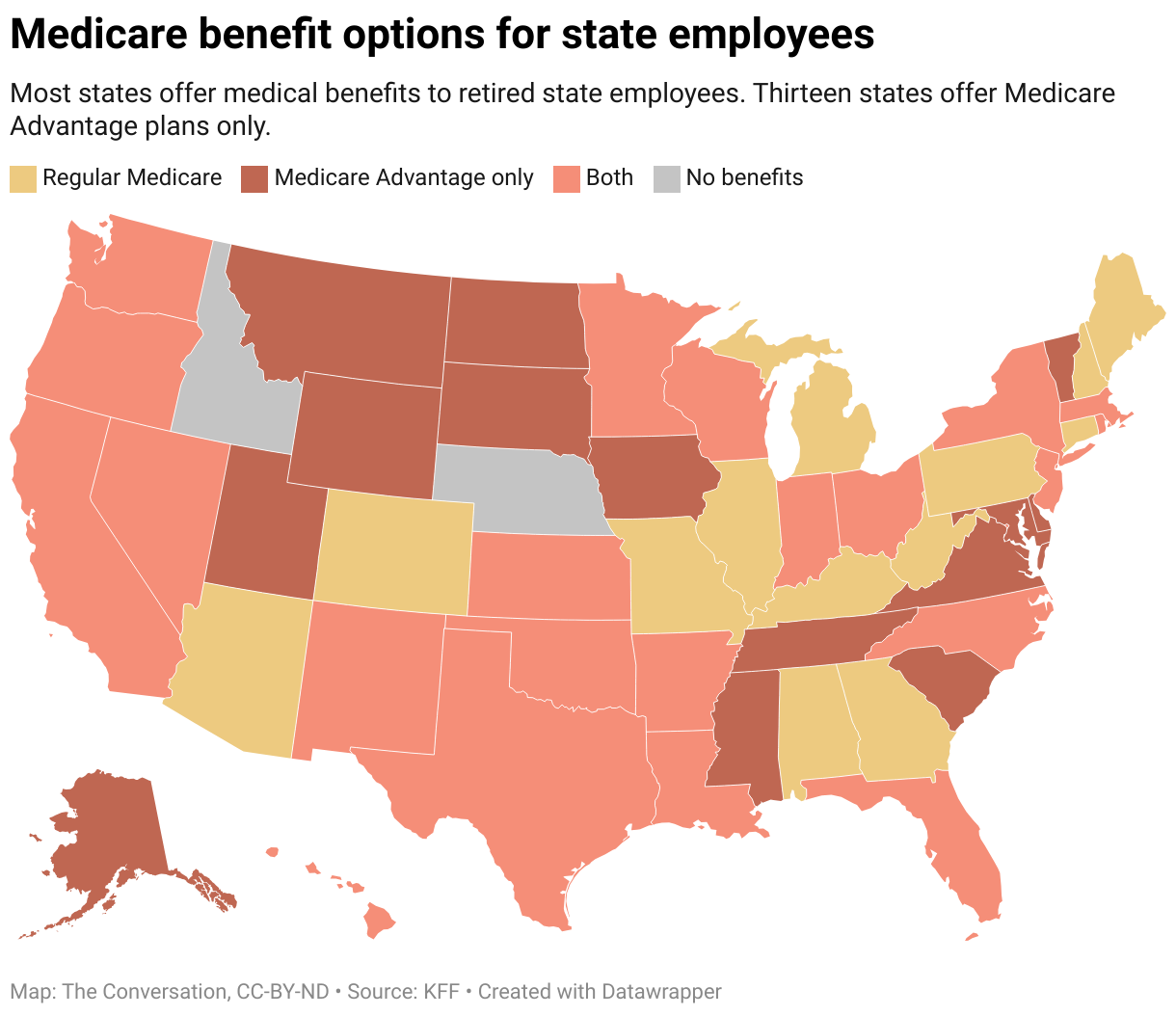Are you self-employed? The United States is home to 15.6 million self-employed individuals just like you.1 Unless you have access to health insurance through a spouse, are eligible to purchase a plan on the Marketplace, or are eligible to stay on your parent’s plan, you must pay for your own healthcare coverage.
If you are relatively healthy and have few medical needs in an average year, a high deductible health insurance plan paired with a health savings account (HSA) can be a smart option. HSAs typically requires paying a monthly premium while providing a place to set aside funds for a proverbial rainy day. HSAs may offer tax advantages and other benefits that can make them particularly appealing for people who are self-employed.
1. There Are No Contribution Minimums
When you set up an HSA, you do not have to commit to a certain contribution amount or frequency — great news for those with incomes that vary. Better yet, there is no minimum annual contribution.
However, there is an HSA annual contribution limit set by the IRS each year. 2020 limits are:2
- Individual-only coverage: $3,550
- Family coverage: $7,100
In addition, if you’re over the age of 55, you can make an additional “catch-up” contribution of $1,000.
With a self-employed HSA, you’ll have the control to make uneven deposits throughout the year. You can make one deposit, multiple deposits, or you can elect not to make a deposit at all.
2. Friends and Family Can Contribute to Your HSA
If someone wants to give the gift of helping you pay for medical care, they can. Your HSA may be yours, but friends and relatives can deposit funds into it at any time.
3. HSA Contributions Are Tax-Deductible
When you are self-employed, you often want all the deductions you can get. A self-employed HSA gives you an opportunity to take another one. You can claim a tax deduction for contributions you or others make to your HSA, with the exception of an employer. Other people cannot claim a tax deduction for their contributions to your HSA.
4. Interest Gained on an HSA Is Tax-Free
Unused funds earn interest as they sit in an HSA, and the interest that accrues is tax-free. That interest will compound over time and when you have an unexpected or major healthcare expense, you can withdraw the funds to help pay those medical bills. Yet another reason to hit your annual contribution limit each year and save, save, save.
5. Funds Used for Qualified Medical Expenses Are Not Taxed
You can use HSA funds to pay for healthcare, tax-free. HSA distributions made for medical and dental items and services that qualify for the medical and dental expenses deduction are not taxed.
According to the IRS, qualified medical expenses may be incurred by:
- You and your spouse
- All dependents you claim on your tax return
- Any person you could have claimed as a dependent on your return except that:
- The person filed a joint return
- The person had a gross income of $4,200 or more in 2019.
- You, or your spouse if filing jointly could be claimed as a dependent on someone else’s return
IRS Publication 502, Medical and Dental Expenses provides information on what items and services qualify for the medical and dental expenses deduction.
6. HSA Accounts Are Portable
If you cease to be self-employed, you can keep your self-employed HSA. You can also keep it if you change jobs, stop working or switch to health insurance coverage that is not an HDHP.
The rule with an HSA is that you can use it as long as it has funds, but you may only contribute to it when it is paired with a high deductible health plan.
High deductible health plans, as defined by the IRS for the calendar year 2020, have an annual deductible no less than:
- $1400 for self-only coverage; out-of-pocket expenses cannot exceed $6900
- $2800 for family coverage; out-of-pocket expenses cannot exceed $13,800
Out-of-pocket expenses may include deductibles, copayments, coinsurance, and other amounts; they do not include premiums.
7. Account Dollars Roll Over Year After Year
The phrase “use it or lose it” does not apply to HSAs. You do not have to scramble at year’s end to find ways to use what you’ve set aside. An HSA is about savings. Again, interest will accrue on unused funds. It is to your advantage to let account dollars rollover. Ride it out through your healthy years and draw from it when the medical bills hit.
Do not confuse your HSA with a Flexible Spending Account (FSA). FSAs are a similar type of account offered only by employer-based plans, and they do expire at the end of each year.
8. An HSA Can Be Used in Retirement
When you reach age 65 and enroll in Medicare, you can no longer contribute to your HSA. You may, however, continue using funds for qualified medical expenses. As a matter of fact, once you reach age 65, you can use your self-employed HSA however you wish; however, keep in mind that funds used for anything other than qualified medical expenses will be taxed as income.
If you withdraw funds for anything other than qualified medical expenses before age 65 you will face a 20 percent penalty, plus taxes.
9. HSA Funds Can Be Invested
Depending on which self-employed HSA administrator you select, you may have options to invest HSA funds once your account reaches a minimum balance. This is another advantage to setting aside money in an HSA, especially when you are self-employed and entirely responsible for your own healthcare expenses and retirement savings. If you have few medical expenses in a given year and do not expect to rely heavily on HSA funds, it might be wise to select an HSA with investment options.
Taking the Next Steps
Discuss an HSA with your employer, or ask your health insurer if they can help to connect you with one.




